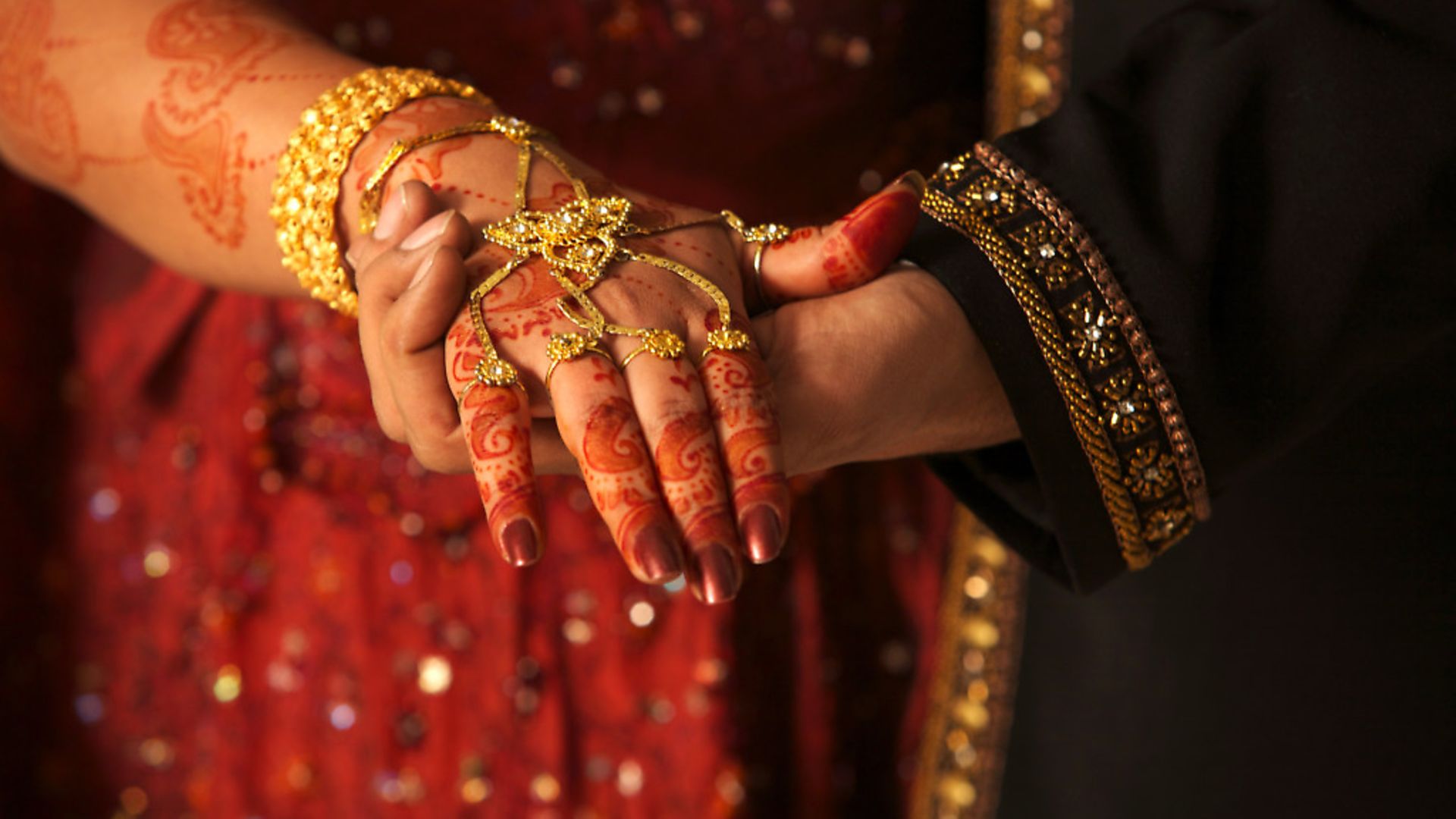
How one case of forced marriage making its way to the UN court has marked the beginning of a shift in global feminism, Yasmin Alibhai Brown writes.
After centuries of despair, fury and unimaginable bleakness where no hope could germinate, a tiny shoot sprung up to hearten Asian, Arab, African, Kurdish and other non-western feminists and womanists.
A case of forced marriage was tried in our courts resulting in a conviction, the first for this widespread, ugly crime. The victim was a British-Pakistani girl from the Midlands and the villainous offender, her own mother.
When the child was only 13, her mum took her to Pakistan and signed a ‘marriage contract’ with a 29-year-old male relative. He then raped her to mark his ownership. The child got pregnant, and had an abortion after being brought back to the UK.
The doctor was concerned and the girl was taken into care. By this time she was deeply troubled.
Just before her 18th birthday the ‘bride’ was returned to her lord and master in Pakistan. Somehow, the gutsy young woman managed to alert the authorities and later gave evidence in court. The UN estimates that more than 15 million people worldwide are trapped in forced marriages.
Though some men are coerced into matrimony, most victims are female.
Explaining the twisted thinking behind the marriages, activist Bina Shah described them as transactional with females commodified and handed over in order to keep properties within clans or, sometimes, to facilitate the migration of family members.
In the UK, between 2014 and 2016, more than 3,500 such cases were uncovered. Thousands more remain hidden.
Such marriages were not uncommon among native Brits. Capulet told his daughter Juliet: ‘An you be mine, I’ll give you to my friend; And you be not, hang, beg, starve, die in the streets.’ But over the centuries, love and choice prevailed. The culture changed.
Too many migrants in the UK ferociously oppose these transformations and, worldwide, the idea of child ownership is alive and deadly.
Men exert cruel control over their offspring. But mums, aunts, grans, and even sisters can also be vicious persecutors and agents of enforcement.
In 2017, Parveen Bibi burned alive her 18-year-old daughter, Zeenat Rafiq, in Lahore, Pakistan. Zeenat had married a man she loved. She had brought ’shame on the family’, so she had to die.
In 2004, Shafilea Ahmad’s body was found near Sedgwick, Cumbria. She too was a teenager, killed for wanting to be free by those who should have loved her most.
In 2009, three teenage sisters in Canada, refugees from Afghanistan, were slaughtered by their father, mother and brother because they were behaving like western girls.
None of the killers feel any remorse. Such cases are rife across the EU too.
For feminists of colour, these practices are deeply disturbing and testing.
I will always stand with those who are victimised by their families and absolutely refute the traditional arguments put up to defend the gruesome adults.
But when fascists and racists use these cases for propaganda purposes that brings on nauseous guilt.
Some of the most civilised people I know are Pakistani, Kurds, Afghan or Arabs. But they can’t offset the cultural barbarians who subdue and break so many individuals in those communities.
Feminists of colour and anti-racists too, are trying to find a way out of this moral maze.
It’s incredibly hard. People are now starting to understand intersectionality – how multiple injustices and inequalities intersect.
But we have not even started the conversation we need to have about what happens when different rights clash.
It is time to talk about race, ethnicity, human values, social oppression and personal desires.
Nations must be free, yes – but so too must every child, woman and man within them.









